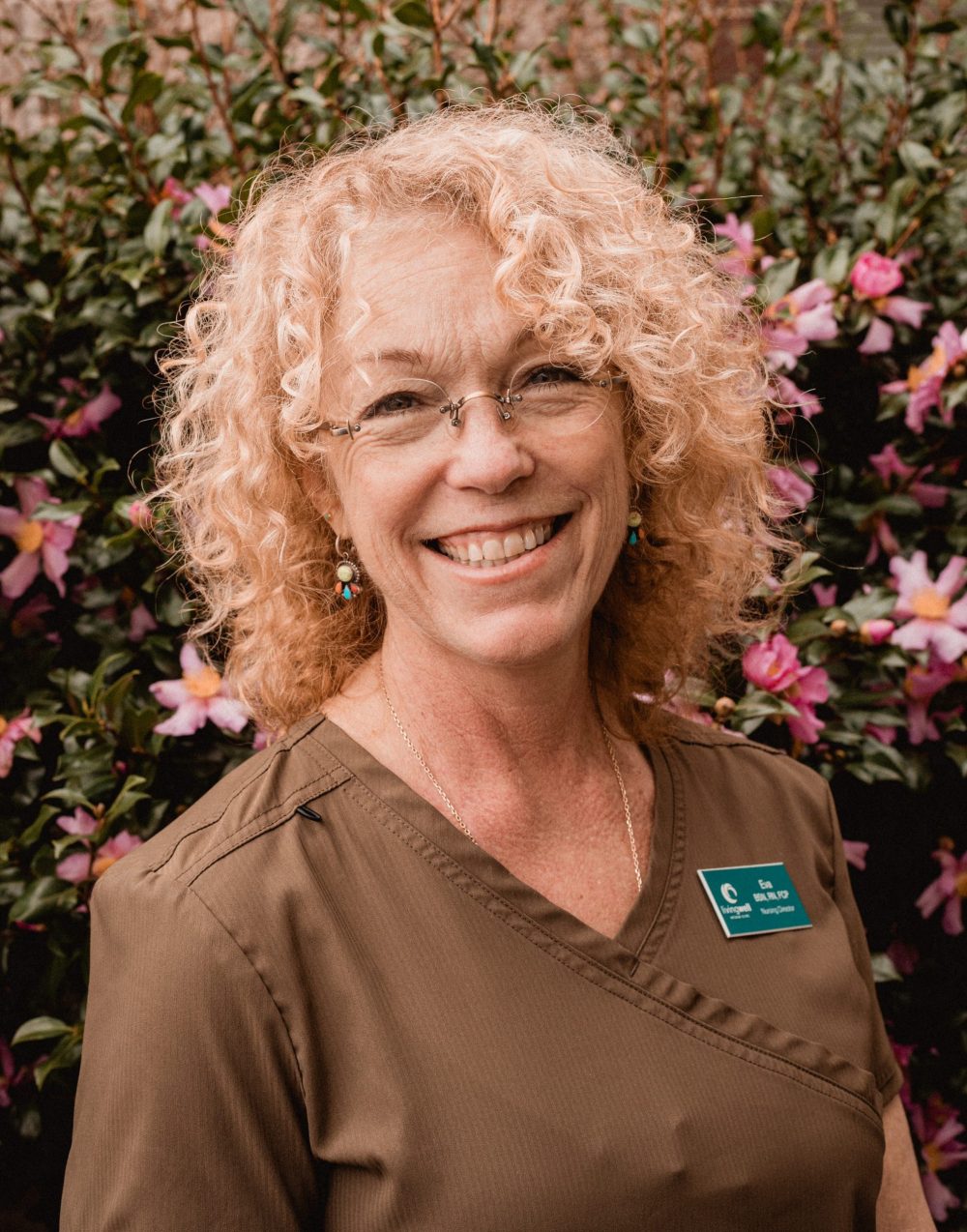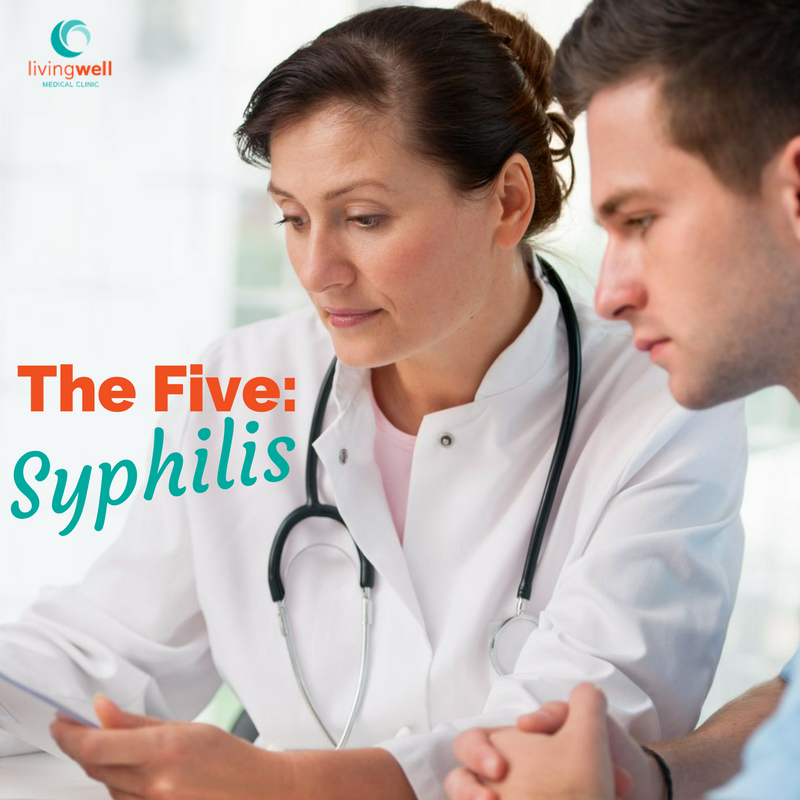
There are many different reasons people start relationships. Sometimes they’re lonely. Sometimes they see a chance for something better or they need someone to reassure them. Sometimes they want acceptance by another person.
Often, people stay in unhealthy relationships because they feel they really love the other person, and they hope things will change for the better. Some relationships change with a little work and counseling, but if your partner is unwilling to get outside help or wants you to keep the problems in your relationship a secret that may be a sign that he doesn’t really want to change. Remember, someone who really loves you will treat you with respect, kindness, and patience. He will be honest with you and value your thoughts and feelings. And, of course, he won’t be violent or force sex on you.
7 Warning Signs of an Unhealthy Relationship
- When there is a disagreement, you’re always wrong and he’s always right.
- You fear bringing up a subject that is important to you because he might get really angry.
- He uses alcohol or drugs a lot. After he has been drinking or using, he can’t remember what he said or did to you.
- He tries to control your access to money, who you spend time with, where (or whether) you work, how you dress, or how you act.
- You feel bad about yourself because he calls you names, makes fun of you, or views you as stupid, ignorant, or incompetent.
- He lies to you or cheats on you.
- He promises to change but doesn’t.
If you’re experiencing one or more of these signs of an unhealthy relationship, it may be time to stop and think. Is your relationship built on love or are you looking for acceptance, attention, or security? Is your relationship healthy, or just the best you think you can get?
Are you in an unhealthy relationship? LivingWell can provide resources to help you work through your relationship issues. Give us a call today – 530-272-6800.

Eva Fisher
Nursing Director
The content on this page has been reviewed and approved by our Nursing Director.


